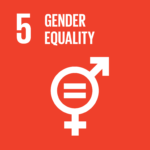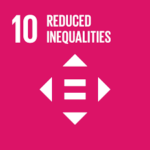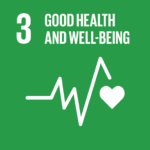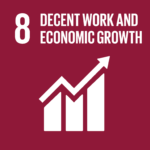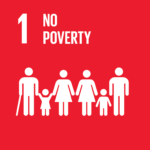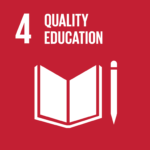The UK and Ireland’s major university presses have launched a new framework for collaboration. EvenUP demonstrates the commitment of UK and Irish university presses to equity, diversity, inclusivity and belonging in our workplaces, in who we work with and in what we publish. Full details are available here: https://evenup.hcommons.org/.
Relevant SDG’s
